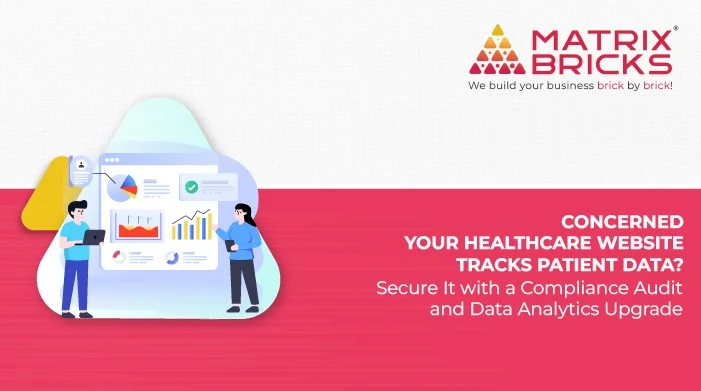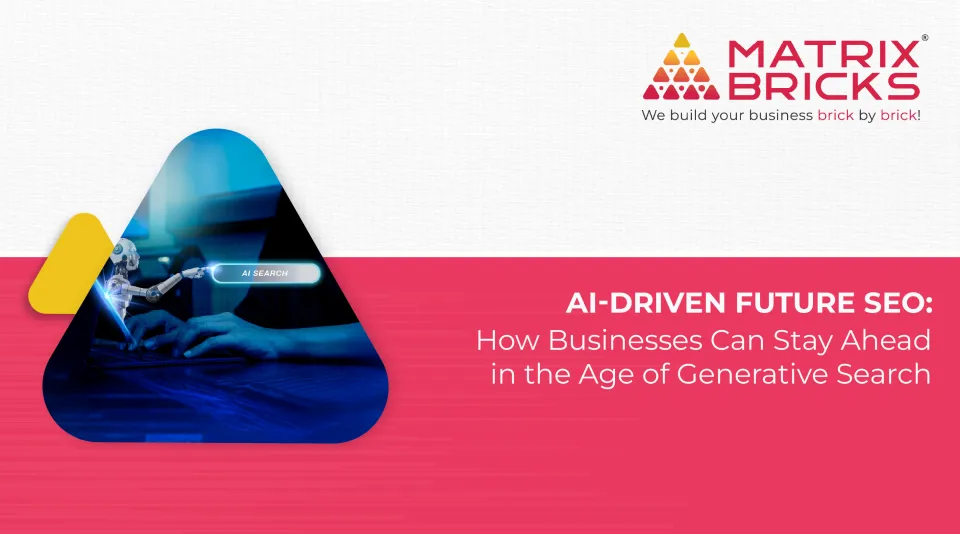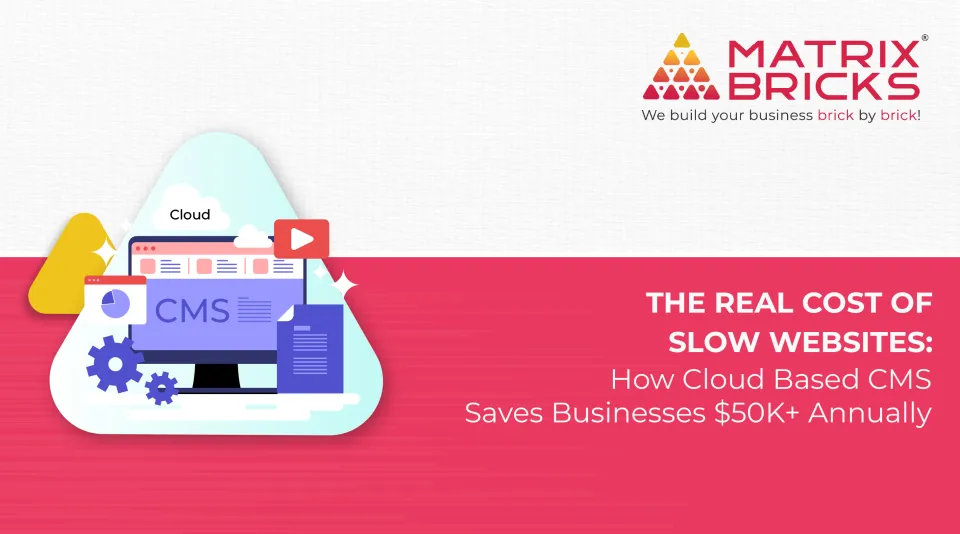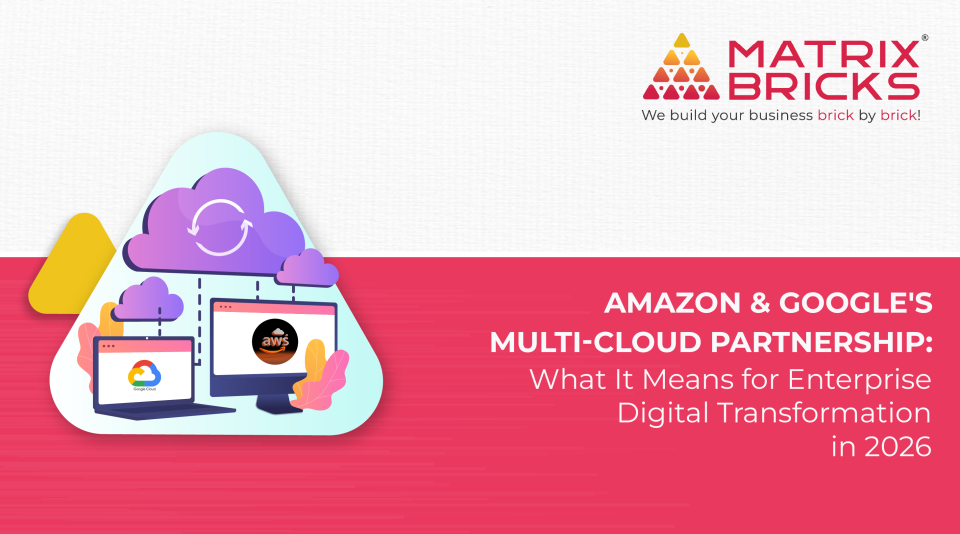
Every website, from a small business to a multinational hospital, wants to know what its users are doing. How many visitors came yesterday? Which page had the highest ounce rate? How long do users stay on the website? And most importantly, what actions are users taking before they book an appointment or complete a form?
For years, the go-to tool for these insights has been Google Analytics. It is free, powerful, customisable and integrates easily with most websites. For digital marketers, developers, and data analysts, it is an essential part of measuring customer behaviour.
However, in the world of US Healthcare, using Google Analytics comes with a serious risk: HIPAA violations. The convenience of tracking user data becomes a legal minefield when the data may be tied, even indirectly, to an individual’s health status or medical history.
This blog explores why Google Analytics fails HIPAA, what healthcare providers and developers need to understand about compliance in analytics, and how even minor tracking missteps can lead to significant legal consequences.
In the evolving landscape of SEO in healthcare, understanding data privacy is just as important as visibility. For those focusing on SEO in the healthcare industry growth, and development of effective healthcare SEO strategies for 2025, compliance with HIPAA and ethical data practices must remain at the forefront of all digital marketing and analytics efforts.

What is HIPAA and Why Does it Matter for Analytics
The Health Insurance Portability and Accountability Act (HIPAA) is a federal law passed in 1996 in the United States. It sets national standards for the protection of protected health information (PHI), especially when it is handled electronically.
There are two major rules relevant to analytics:
- The Privacy Rule, which governs how PHI can be collected, used, and shared
- The Security Rule, which mandates specific protections for electronic PHI (ePHI), including encryption, access control, and audit logs
HIPAA applies to covered entities, such as hospitals, clinics, and health plans, as well as their business associates — third-party service providers that process or store PHI on their behalf.
When healthcare websites use tracking tools like Google Analytics, and those tools collect or process any data that could reasonably be linked to an individual’s health information, they potentially fall under HIPAA’s scope. In the context of SEO in healthcare industry practices, understanding and following these regulations is important to make sure that marketing strategies remain compliant.
In analytics, PHI can include:
- Email addresses and user IDs, if linked to medical records
- IP addresses, when used in combination with health-related browsing behaviour
- URLs with condition-specific terms (e.g., /diabetes-treatment)
- Form submissions that include patient details
The Hidden Risk: Analytics as a Compliance Threat
Many healthcare websites unknowingly enter dangerous territory with analytics tracking. That is because:
- Google Analytics is designed to collect as much user data as possible for behavioural analysis.
- HIPAA requires the exact opposite — collect only the minimum necessary data, secure it tightly, and control how it’s used
This creates a direct conflict between the goals of the web analytics and the legal requirements of HIPAA. In the field of SEO in healthcare, this conflict is crucial because compliance directly impacts how healthcare organisations can ethically and effectively track performance.
Even when the developers or marketers think that they have “anonymised” data, it may still be considered identifiable under HIPAA’s definitions. IP addresses, page visit patterns, browser fingerprints, or even combinations of the pages visited can become identifying when tied to a health context.
Additionally, compliance considerations extend to local SEO for healthcare, where location-based tracking or patient interaction data can expose sensitive data if not properly managed. As organizations refine their healthcare SEO strategies for 2025, aligning data collection with HIPAA standards will be essential for sustainable and compliant digital growth.
Common analytics missteps that violate HIPAA:
- Tracking complete URLs with query parameters that include health-related terms
- Collecting user IDs that can be linked back to medical systems
- Using third-party tools without proper business associate agreements (BAAs)
- Sending PHI to platforms not designed to protect it or retain audit logs
Why Google Analytics Fails HIPAA
Although Google Analytics is widely used, it was not built for industries with strict compliance needs, such as healthcare. In fact, Google itself has clearly stated that it does not support HIPAA compliance for Google Analytics. This presents a major challenge for organizations working on SEO in healthcare, where data-driven insights are valuable but must always align with patient privacy regulations.
Reasons why Google Analytics is incompatible with HIPAA:
- No BAA available: Google will not sign a Business Associate Agreement for Google Analytics, which is required under HIPAA if any PHI is processed.
- Lack of data control: Data sent to GA is processed and stored by Google, often across international servers, with limited visibility and control for the healthcare provider. This lack of control can undermine compliance-focused SEO for healthcare industry
- IP address tracking: Even when anonymisation is enabled, IP data may still pose a risk when linked to sensitive browsing activity.
- Automatic collection of identifiers: GA may automatically collect metadata or browser fingerprints that, in context, can re-identify users.
- Inability to audit access: Under HIPAA, all access to PHI must be logged and auditable. Google Analytics does not provide sufficient transparency in access to meet these requirements.
- Storage policies and deletion: Google determines how long data is retained and when it is deleted, not the covered entity using the tool; a critical issue for compliance-minded healthcare marketers building healthcare SEO strategies 2025 that rely on secure, ethical data management.

Common Misconceptions About Analytics and HIPAA
There are several misunderstandings among the healthcare marketers and developers regarding the use of analytics tools in a regulated environment.
Some of the most frequent misconceptions include:
- It’s just marketing data, not patient data:
If the data collected includes or can be tied to user behaviour around health conditions, it may qualify as PHI under HIPAA. - Anonymising IP addresses makes it compliant:
Anonymisation alone is not enough. All identifiers must be removed or de-identified using approved methods. - We don’t collect any PHI intentionally:
Even accidental collection, such as URLs with health terms or user interactions, can trigger HIPAA liability. Intent does not absolve responsibility. - Google is secure, so our data must be safe:
While Google may be secure in a general sense, the platform itself does not provide the controls or agreements required by HIPAA. - Hashing or encrypting identifiers is good enough:
Hashing is reversible in many cases, and encryption doesn’t remove the obligation to comply with HIPAA rules regarding access, logging, and retention.
The Impact of Small Mistakes
It often takes just one overlooked detail to cause a compliance breach.
Examples of the mistakes:
- A URL like /mental-health/anxiety-treatment?user=1234 gets tracked in full by GA, exposing both the condition and the user ID
- A form sends the user’s email or phone number to Google via a hidden field
- A developer forgets to turn off auto-tagging or enable anonymisation, resulting in full IP logging
- A campaign uses UTM tags that contain health-specific keywords, which are then passed into analytics reports
In each case, the combination of identifiers and health-related data could qualify as PHI — and that’s enough to trigger HIPAA’s rules.
Best Practices and Safe Alternatives
To remain compliant and still benefit from healthcare analytics, organisations must move away from traditional tools like Google Analytics for PHI-sensitive environments. This shift is especially important for those focusing on SEO in healthcare, where privacy, data ethics, and compliance play a major role in digital visibility and trust.
Key best practices include:
- Use HIPAA-compliant analytics platforms
Choose analytics systems that offer BAAs, allow complete data control, and provide detailed access logs. - De-identify user data at the source
Use approved de-identification techniques before sending any data to third-party platforms. - Implement tracking segmentation
Separate your public-facing, non-PHI website content from login areas, patient portals, or pages that deal with sensitive conditions. This step is particularly valuable for local SEO for healthcare, where managing user data from geographically targeted campaigns requires extra caution. - Self-host your analytics
Consider using self-hosted analytics solutions, where data never leaves your infrastructure. - Limit the scope of tracking
Only collect what is necessary for your analysis and avoid deep user-level tracking. - Review every form, field, and tracking tag
A full audit of your tags, scripts, and URL structures helps ensure no PHI is inadvertently exposed. - Educate your teams
Both marketing and development teams need to understand the risks and limitations of analytics in healthcare environments.
Google Analytics vs HIPAA-Compliant Analytics
| Feature | Google Analytics | HIPAA-Compliant Alternative |
| Business Associate Agreement (BAA) | Not available | Must be signed |
| Data residency control | Managed by Google, often international | Fully controlled by a healthcare entity |
| IP address handling | Collected by default (masking optional) | Not collected or fully anonymised |
| Audit logging | Limited visibility | Comprehensive, user-level logs |
| De-identification compliance | Not guaranteed | Follows Safe Harbour or Expert Determination |
| Retention and deletion policies | Controlled by Google | Controlled by a healthcare provider |
| Form data safety | May capture hidden or accidental PHI | Strict controls and sanitisation |
| Consent management | Manual setup required | Integrated with healthcare workflows |
Frequently Asked Questions
1. Is Google Analytics ever HIPAA-compliant?
No. Google does not sign BAAs for Google Analytics, making it incompatible with HIPAA when any PHI is present. This limitation is important for anyone managing SEO in healthcare, as using non-compliant tools can lead to serious privacy and legal issues.
2. What is PHI in the context of a website?
PHI includes any health-related information that can be tied to an individual. On websites, this could be form submissions, IP addresses, URLs referencing conditions, or cookies tied to user sessions.
3. Can I still track user activity without violating HIPAA?
Yes, but only by using compliant platforms, de-identifying all data, and ensuring no PHI is transmitted or stored by third-party services. This approach helps balance privacy and performance while supporting effective healthcare SEO strategies in 2025.
4. Is Google Analytics 4 safer than Universal Analytics?
Google Analytics 4 offers better data controls and privacy settings, but it still does not support HIPAA compliance due to the lack of a BAA and insufficient safeguards for PHI.
5. What are examples of HIPAA-compliant analytics platforms?
Self-hosted versions of tools like Matomo or Piwik PRO (enterprise version), as well as custom-built analytics systems designed specifically for healthcare, may be compliant when properly configured. These tools can safely support local SEO for healthcare and broader marketing analytics without compromising compliance.
6. What should healthcare marketers do?
Focus on compliance-first analytics strategies, invest in HIPAA-aware platforms, and collaborate closely with legal and technical teams to ensure that every piece of tracked data is secure and protected.
In the digital age, tracking website usage is a powerful tool for understanding user behaviour. But in the context of healthcare, the stakes are much higher. HIPAA compliance is not optional; violations can result in fines, legal consequences, and a loss of trust with patients.
Google Analytics, despite its popularity and usefulness, is not suitable for HIPAA-covered environments. The risks from accidental PHI collection to lack of control over data storage are simply too significant.
For organisations operating in the US healthcare space, a shift towards privacy-first, compliant analytics is not just advisable; it’s essential. By adopting best practices, exploring compliant alternatives, and maintaining strict control over data, healthcare providers can unlock the benefits of analytics without compromising their legal or ethical obligations.







